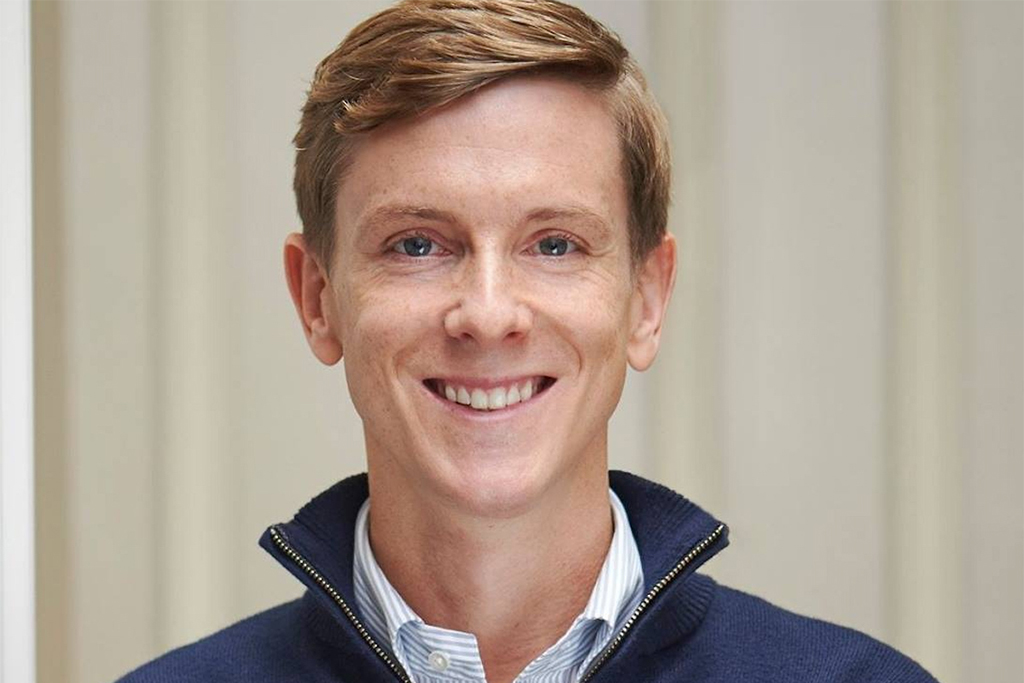Facebook announced that another Cambridge Analytica may have come to light, while the company’s co-founder Chris Hughes slammed FB and its CEO for what they have become.
Facebook said Friday that it’s suing Rankwave, a South Korean company that analyzes social media users’ data for marketing purposes. Jessica Romero, Facebook’s director of platform enforcement and litigation wrote:
“Facebook was investigating Rankwave’s data practices in relation to its advertising and marketing services. Rankwave failed to cooperate with our efforts to verify their compliance with our policies, which we require of all developers using our platform.”
The lawsuit is said to be centered around Rankwave offering to help businesses build a Facebook authorization step into their apps so they can pass all the user data to Rankwave, which then analyzes biographic and behavioral traits to supply user contact info and ad targeting assistance to the business.
In its lawsuit, Facebook also accused Rankwave of ignoring repeated requests to open itself up to an audit and provide evidence relating to data it had allegedly obtained. Facebook wants a judge to force Rankwave to take those steps, as well as pay an unspecified amount in damages. Facebook said the data company had harmed its “reputation” and “public trust”.
Investigation on Rankwave, which has remained active on the network until last month, was statred in June 2018.
The case is already drawing comparisons with Cambridge Analytica, the UK-based data analytics firm that abused private Facebook data in order to inform political campaigning efforts. The discovery of that incident plunged Facebook into a crisis from which it still hasn’t got out in total.
“We Need New Rules For the Internet”
On Friday, Facebook co-founder and chief executive Mark Zuckerberg met French President Emmanuel Macron in Paris to discuss potential regulation of social networks.
“We need new rules for the internet that will spell out the responsibilities of companies and those of governments,” Zuckerberg said after the meeting.
However, he did not address calls from fellow Facebook co-founder Chris Hughes that the company was too powerful and should be broken up.
In the article that Hughes wrote, he literally attacked the company that made him pretty rich, claiming how the empire that Mark Zuckerberg built, should be systematically dismantled and regulated for the good of us all, especially US people.
He called Zuckerberg “a good, kind person” who, in his opinion “has too much power.” That power, argues Hughes, led Zuckerberg’s focus on growth to sacrificing security and civility for clicks. He claims that Facebook is a monopoly that needs to be broken up:
“Just like we’ve done with Standard Oil, AT&T, we say, ‘This is a monopoly, the market is frozen, there is no competition and there is no accountability.’ And the government needs to step in and break it up.”
Hughes said users have no other place to go on social media except Facebook and more competition would help hold the company accountable.
“What keeps happening now is there’s another privacy scandal, or another election scandal, seemingly every week, at least every month. And then people get outraged. They get so angry, they say, ‘Oh I’m leaving Facebook, I’m going to Instagram,’ not realizing Instagram is owned by Facebook and then they become resigned to the fact that we can’t do anything.”
However, Hughes thinks that the problem with Facebook goes beyond economics.
Zuckerberg’s ownership of the majority of Facebook’s shares means that there’s no internal check on his power, and there’s no government agency dedicated to overseeing a company like Facebook.
What Are We Really Worried About?
The main question remains: what are we really worried about? If we take Hughes’ statement that “unlike with pipes and electricity, there is no good argument that the country benefits from having only one dominant social networking company,” we might ask ourselves: Isn’t there?
It’s easy talking from someone who was sitting there at Harvard and feeling that the world is small and there’s no need for Facebook to stay connected to it. However if you live in Australia, which a former prime minister once called the “arse end of the world,” or some, let’s say, East-European country, the ability for people to connect with others is made easier when they congregate in one place.
It is true however, that there are complicated stakes that need balancing. But can dissolving Instagram and Whatsapp solve this or is it a need for greater government and democratic oversight of social media content-moderation practices that is what we need start practicing?
